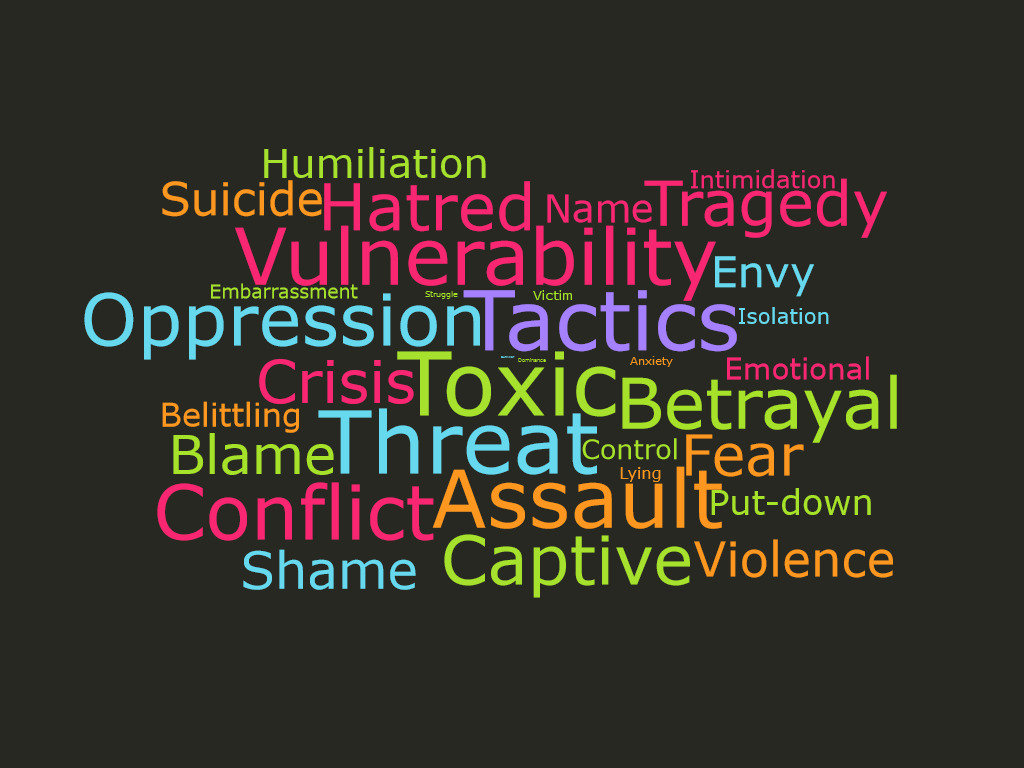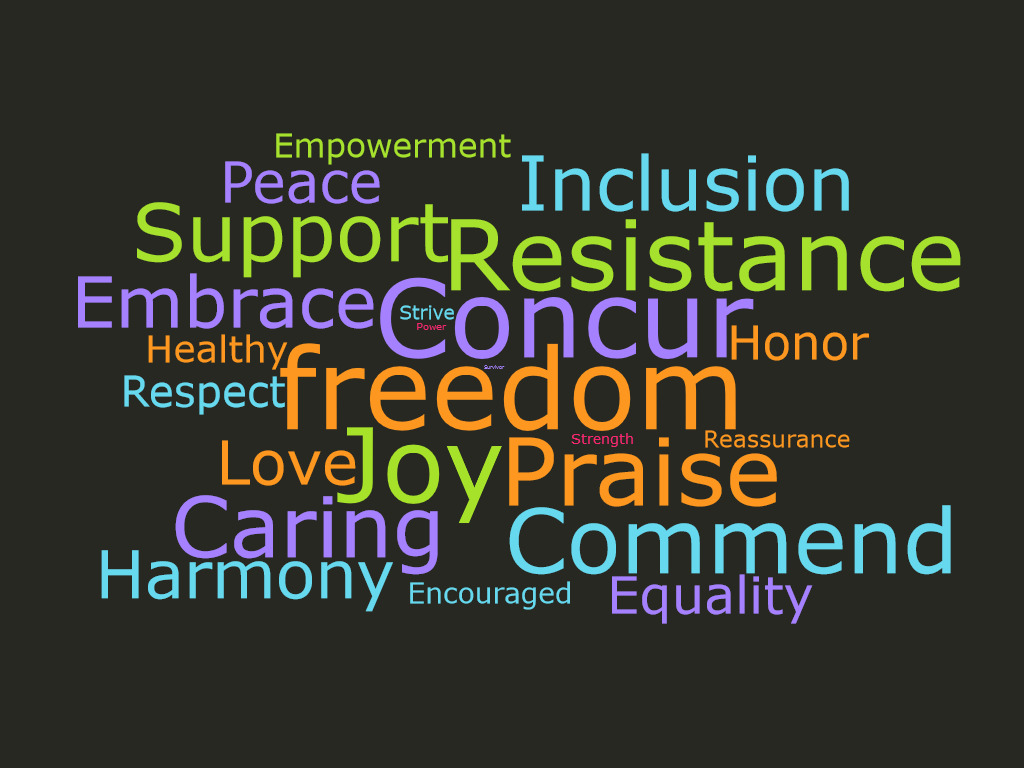Youth Awareness
Power is of two kinds. One is obtained by the fear of punishment and the other by acts of love. Power based on love is a thousand times more effective and permanent than the one derived from fear of punishment”.
Mahatma Gandhi
In social science, Power is the ability to influence or control the behavior of people. As Mahatma Gandhi said: “…Power based on love is a thousand times more effective…” or, to put it another way, “Love conquers fear.” Love is more effective because human nature is tuned more strongly toward getting what we want, to be loved, than to avoiding what we fear. Most of the time, intimate relationships are safe havens from the larger, harsher, outside world, and that is the mark of a healthy relationship. Safety from ridicule and physical harm are what people of any age, teens or adults, look for in a healthy dating, loving, or intimate relationship. No matter what your prior experience, there is no place for fear and violence in a healthy loving relationship.
Being human, however, is complicated, and not all of us have been trained how to moderate our emotions and endure frustration calmly. Instead of being a safe haven from a harsh world, relationships can become a place where the frustrations of living are taken out on our partner. That would be an unhealthy relationship. When that happens it is time to pause and get help. No human being deserves to be insulted, ridiculed, taunted, hit, yelled at, or assaulted by their partner, ever. No one is ever justified in acting out these unhealthy behaviors
Intimate partner violence is a human problem. It does not discriminate according to intelligence, birth, skin color, education, religion, economic status or ethnicity. It can be found where ever humans live. But it is not automatic, no matter how common it can become at a particular time or place. It is learned, and better behavior can be learned in its place. The first step is to recognize that intimate partner violence is wrong.
Dating violence consists of assaulting and controlling behaviors between two people in a close or intimate partner relationship. Often, one person uses physical, emotional, psychological or even sexual violence to gain or maintain power against the other, but both partners may use violence against each other. Abused intimate partners may experience anxiety, dissociation, lack of freedom, and may resort to unhealthy comforting behaviors, like using tobacco, drugs or alcohol, or overeating. Worse, research shows that teens abused by partners during school years have a higher risk of becoming victims as adults than those who were not.
Teen dating violence

Uncomfortable emotions like anger and jealousy are one of the principal cause of dating violence and as they are just beginning to understand what it means to ‘be in a relationship’. Due to insecurity and inexperience young adults may struggle and try to understand abusive behaviors as normal for intimate couples. Our culture tells us this via movies and TV shows, in addition, there are echoes of abusive patterns in some of our religious texts. Due to the status of “being in a relationship” there is motivation to stay in one, just to have one, no matter the behavior, even if it is abusive. Rather than trying to justify abnormal but common patterns, teens need love and support to question intimate partner violence. Normal adolescence is confusing enough emotionally, without the addition of abuse. There exists inexperience and they may see abuse as a normal behavior in intimate couples. As teens grow and go thru the emotional and physical changes, there is much need for them to feel loved, supported and needed.
As we mature, all humans need a supportive environment to talk about the issues facing us. Young adults have an even more urgent need, especially if they are subject to intimate violence. Given the challenges facing us at this age, we need reminding that new emotions, such as jealousy, are to be contained. If such feelings start to dominate a relationship, something is wrong, and needs to be addressed. If it is not handled soon enough, it can grow into belittling, name calling, or even escalate into violence in a dating relationships.
Ideas about “possessing” the partner, and attempts to control his or her behavior, are often mistaken for love by the young, but they are not. These are warning signs. Possession is the first step up a short staircase toward abuse. If you see signs that your partner thinks like this, think hard about getting out. Stopping violence before it starts is the best way to prevent abuse, whether it is physical, emotional or verbal. Awareness and knowledge are the keys to understanding. There are better ways to resolve conflict than by force.
Lead My Way creates informative campaigns about dating violence awareness. Our programs provide situations where teenagers and young adults can feel comfortable learning and talking about dating violence and how to develop healthy relationships. Each program is geared to youth in a specific audience, whether in high schools, colleges or social media. In cases of existing violence the first step is to reduce or stop the violence.

Our approach in creating informative campaigns about dating violence awareness in areas where teenagers and young adults have an opportunity to learn, understand and be well informed by dating violence in high schools, colleges, social media are the few ways to spread the message. In cases, if violence already exist looking for help is the first step of stop or reduce the violence.
Everyone has the right to enjoy a healthy relationship. Regardless if the relationships are casual, long or short term relationship, people can develop a healthy ways to be in a relation without being subjected to any sort of abuse or harassment from an intimate partner.
Lead My Way is dedicated to make a difference in our teen communities by providing educational and informative programs to create awareness, model healthy relationships, provide healthy relationship resources to schools and colleges, and to supporting other organizations in the community serving youth.
Teen Dating Violence Resources
Books:
“Dating Violence: Young Women In Danger” edited by Barrie Levy (Seal Press, 1991)
“In Love and In Danger: A Teen’s Guide to Breaking Free of Abusive Relationships” by Barrie Levy (Seal Press, 1993)
“But I Love Him: Protecting Your Teen Daughter from Controlling, Abusive, Dating Relationships” by Dr. Jill Murray (Regan Books, 2000)






